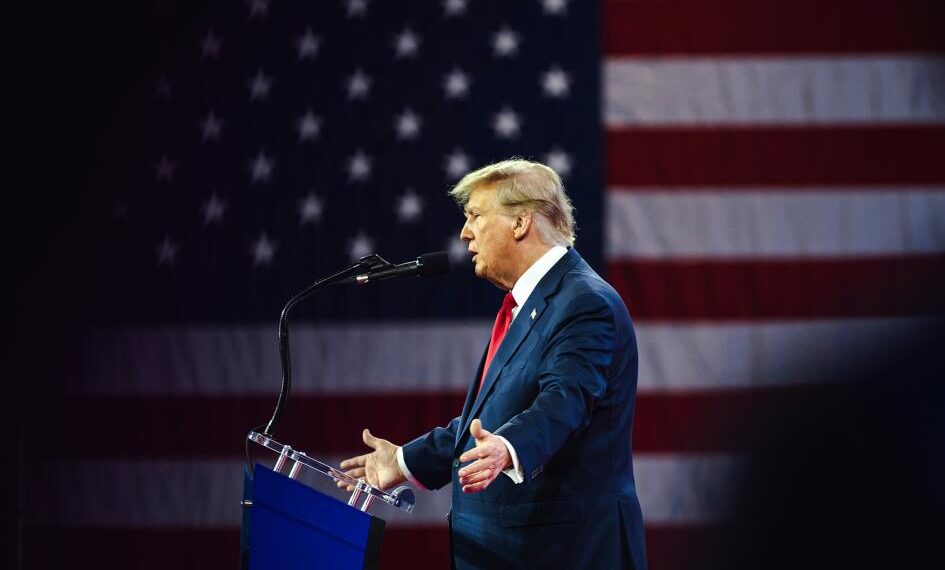Abstract
Donald Trump wins the U.S. presidential election, with his Republican party also gaining control of the House and Senate. His policies include raising tariffs, restricting immigration, reducing support for allied countries, and prioritizing energy security over climate action. The IMF predicts negative impacts on the global economy from Trump’s policies, including higher tariffs, trade policy uncertainty, tax cuts, immigration restrictions, and tighter global financial conditions. Thailand’s economy faces downside risks from reduced exports and investment due to Trump’s trade policies, with GDP growth expected to decrease in 2025.
Summary
Trump Wins U.S. Presidential Election
Donald Trump emerges victorious in the U.S. presidential election, securing the 47th presidency amidst anticipation from various polls. With a clear lead over Democratic opponent Vice President Kamala Harris, Trump’s Republican party also gains majority in both the House and Senate.
Trump’s proposed policies include raising tariffs, restricting immigration, reducing support for allied defense, prioritizing energy security over climate change, and lowering corporate and wealth taxes. These policies, if implemented, could have significant implications on trade partners and global uncertainty.
Impact on the Global Economy
The IMF’s World Economic Outlook report outlines how Trump’s policies could impact the global economy through higher tariffs, trade policy uncertainty, tax cuts, immigration restrictions, and tighter global financial conditions. These measures have the potential to slow down global growth starting in 2025, affecting various sectors and regions.
Trump 2.0 policies are projected to have negative effects on global growth, particularly through protectionist measures and market volatility. While the U.S. may experience some benefits from tax cuts, the overall impact is expected to be adverse on the global economy.
Impact on the Thai Economy
Thailand’s economy faces increased downside risks due to Trump’s policies, specifically impacting exports and investments. Trade protectionism and tariffs could slow global trade, affect key exports to the U.S., and lead to increased competition from Chinese goods. The uncertainty around Trump’s policies may also deter global investment in Thailand.
SCB EIC projects a decrease in Thai export value and private investment in 2025 due to increased protectionism. These factors could contribute to a decline in Thailand’s GDP growth for the year, highlighting the challenges posed by Trump 2.0 policies on the Thai economy.


